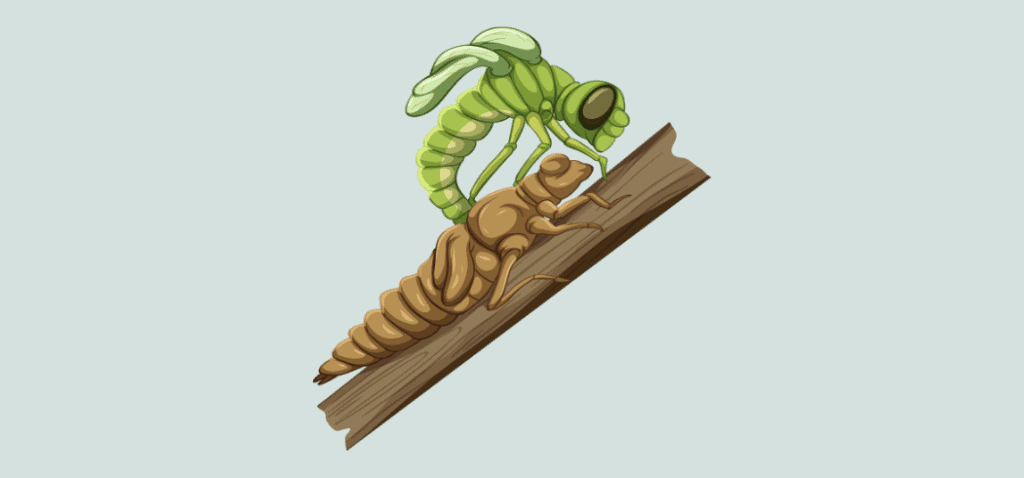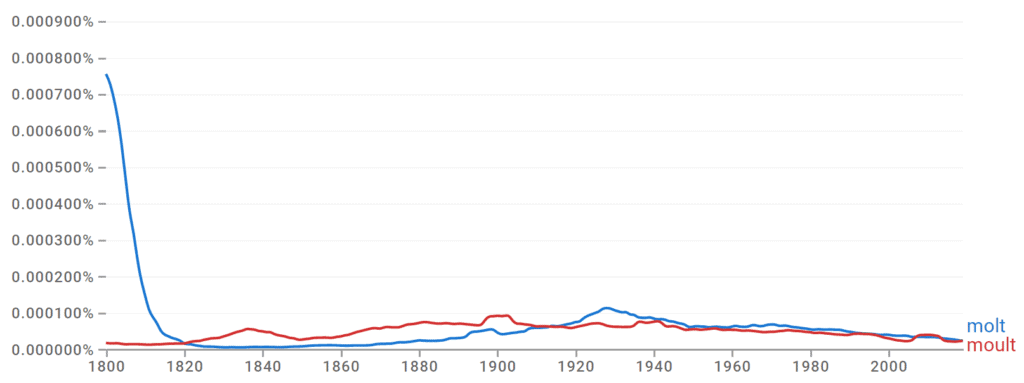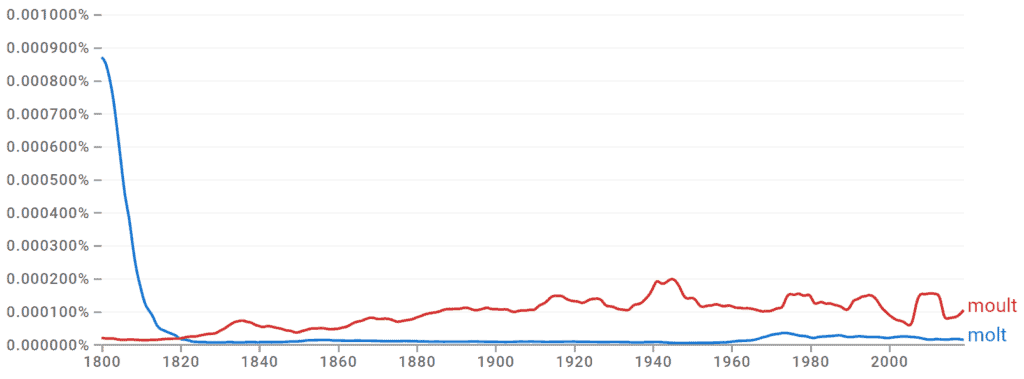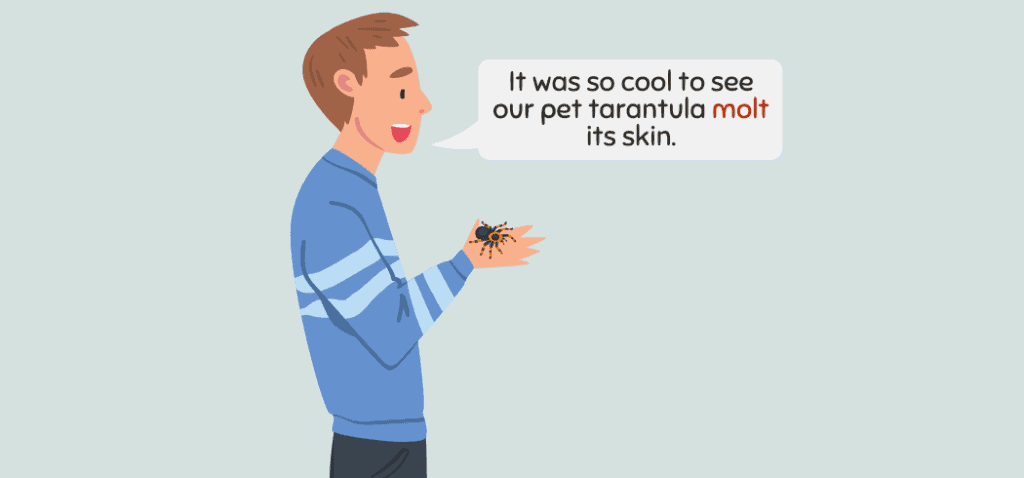Do humans molt? Good question. I know for a fact that hundreds of birds, insects, and reptiles do! But what does molting mean? And is it molt or moult? I’ll discuss all the details right here so you’ll never second-guess yourself again.
Molt or Moult: What’s the Difference?
The basic terms “molt” and “moult” are used to describe the process where animals shed or lose their hair, feathers, skin, and even their exoskeleton as new growth readies to come. Also, they can be used as either a noun or a verb.
The difference here lies in the spelling, which depends on the regions where each word is more commonly used.
“Molt” is the one preferred in American spelling. But “moult” with a U is more commonly used in British English. Despite the difference in spelling, both words have the exact same meaning and pronunciation. So, let’s take a look at how you can use them.
Although “molt” started off strong as the more dominant spelling of the two around the world, they’re now neck and neck for popularity.
Is It Molt or Moult in the UK?
In the United Kingdom, the spelling used most is “moult.” This sticks to British English conventions, as well as other countries that follow British English, like Canada, Australia, and New Zealand.
The Noun and Verb Usage
As a noun, “molt” or “moult” describes the loss of an animal’s skin, fur, etc.
- Our dog always loses so much fur during his summer molt.
But as a verb, it can get confusing because the usage is so similar. While the noun is a product of what happened, the verb is the process of it happening.
- Our dog is molting right now, and our house is covered with fur.
What Is the Origin and Etymology of Molt?
No matter the spelling you’re using, the origins of the meaning of molt go back to the 1400s, and it derives from the word moutan, which loosely translates to of feathers or hair to shed or fall out.
How to Pronounce Moult
The pronunciation of “moult” is the same as “molt.” Both words are pronounced as moe-lt, rhyming with the words “bolt” and “jolt.”
What Are the Synonyms for Moult?
You can use any of these words in place of the word molt or moult.
- Shedding
- Exuviation
- Ecdysis
- Sloughing
What Is an Example of Molt in a Sentence?
- As the snake grows, it periodically molts its skin to accommodate its increasing size.
- We’re going to the sanctuary to watch the caterpillar molts.
- Every year, my uncle’s sheep go through a manual molting, where he has to sheer their fur to keep it from matting and clumping.
- It was so cool to see our pet tarantula molt its skin.
What Is an Example of Moult in a Sentence?
- During the spring months, tons of birds undergo a moult to replace their worn-out feathers with new ones.
- A group of scientists travelled to Antarctica to witness the penguins moulting and making way for shiny new feathers.
- Our pet bird moults his beautiful feathers more often than I thought, but I know it’s for new feather growth.
Humans Don’t Molt
So many creatures around the world go through a phase of molt, everything from birds to reptiles and insects. But, while humans do shed skin, we don’t molt at all, despite what some people might tell you. And remember, both spellings are correct, but “moult” is used more in UK English.
Check out some other articles we covered:




